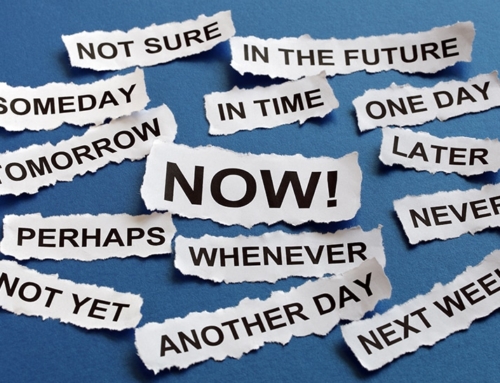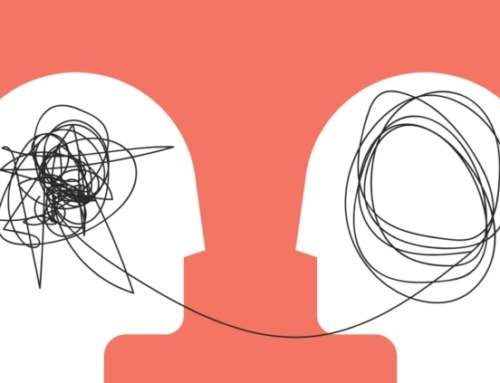Today I share with you a way to help you make difficult decisions by making use of a concept called regret avoidance. I start by illustrating from my own life.
On December 10, 2001, I sat on a plane from Denver to Chicago. I was returning home after a three-day stint as a psychiatry oral board mock examiner, helping candidates prepare for their upcoming Part II exam. I was hired by a private board prep company in this capacity. As I sat on the plane afterwards I started mulling over my experience. Two things struck me. First, I realized that I was both good at analyzing my fellow psychiatrists’ interview and presentation skills, and found this work extremely gratifying. An anecdote I like to tell is that when I was about 5 years old my mom started calling me “The Critic” because I questioned and criticized everything. On that plane, I realized that I had found a socially useful outlet for my (skeptical or sour?) disposition. The second thing I thought about on that airplane was how poorly that particular board prep company ran its course. I was aghast that many of the course participants left the course more anxious and unsure of themselves than when they arrived.
As I was lost in this reverie, a thought struck me, as if a part of me was talking to another part of me, “Either put up or shut up!” I realized that criticizing is easy; putting together a better course is hard.
I sat there for the rest of the flight perturbed: I wanted to start my own course but at the same time feared that I wouldn’t succeed in producing a better course. After all, “Who the hell did I think I was” to think I could do so? Other thoughts focused on the daunting logistics of putting together such a course, which indeed did turn out to be daunting.
Normally, such reveries end up resulting in no change in a person’s life. You have such thoughts, and then you get on to something else, either forgetting them or putting them out of your mind.
But that day on the plane my thoughts took a turn that did end up changing my life trajectory. I experienced regret avoidance.
I was 40 years old that day on the plane. I thought back to when I was about 20. I had my own small house painting business that paid for the last part of my college and for medical school. In some ways I was quite successful and even delayed starting medical school – after I was accepted I requested to start a year later (haha!). On that plane, I thought of all the good that came from my house painting business. In particular, that early experience left me with the realization that I don’t need anyone to “give” me a job; I could “make” my own job.
Then I thought about my life 20 years into the future. I realized that if I did nothing at 40, at 60 chances were good that I’d end up being a crotchety old man, a “never-tried.” And it was this exact thought that was most painful for me to bear. I started my board prep course not because I disliked being a clinician (I didn’t), or because I imagined great fortune (I didn’t). It was because I imagined my future “never-tried” self and I rejected what I saw. I didn’t want to be that sulking, regret-mired older person. (Of course, there are famous stories in literature that explore this very theme. I’ll let you come up with your own list.)
What’s the lesson from this story? For me, it is that sometimes we make decisions by imagining what we desire, but sometimes we achieve greater clarity by imagining what we wish to avoid. Projecting yourself into the future, imagining the far-off consequences of a decision you need to make in the present, can help you make choices that are perhaps truer to your core self, and more consistent with what you value deeply.
Until next time,
Dr. Jack
LanguageBrief
“Make the most of your regrets; never smother your sorrow, but tend and cherish it till it comes to have a separate and integral interest. To regret deeply is to live afresh.” – Henry David Thoreau
“People only stutter at the beginning of the word. They’re not afraid when they get to the end of the word. There’s just regret.” – Laurie Anderson
“Of all the words of mice and men, the saddest are, ‘It might have been’,” – Kurt Vonnegut paraphrasing John Greenleaf Whittier







Leave A Comment